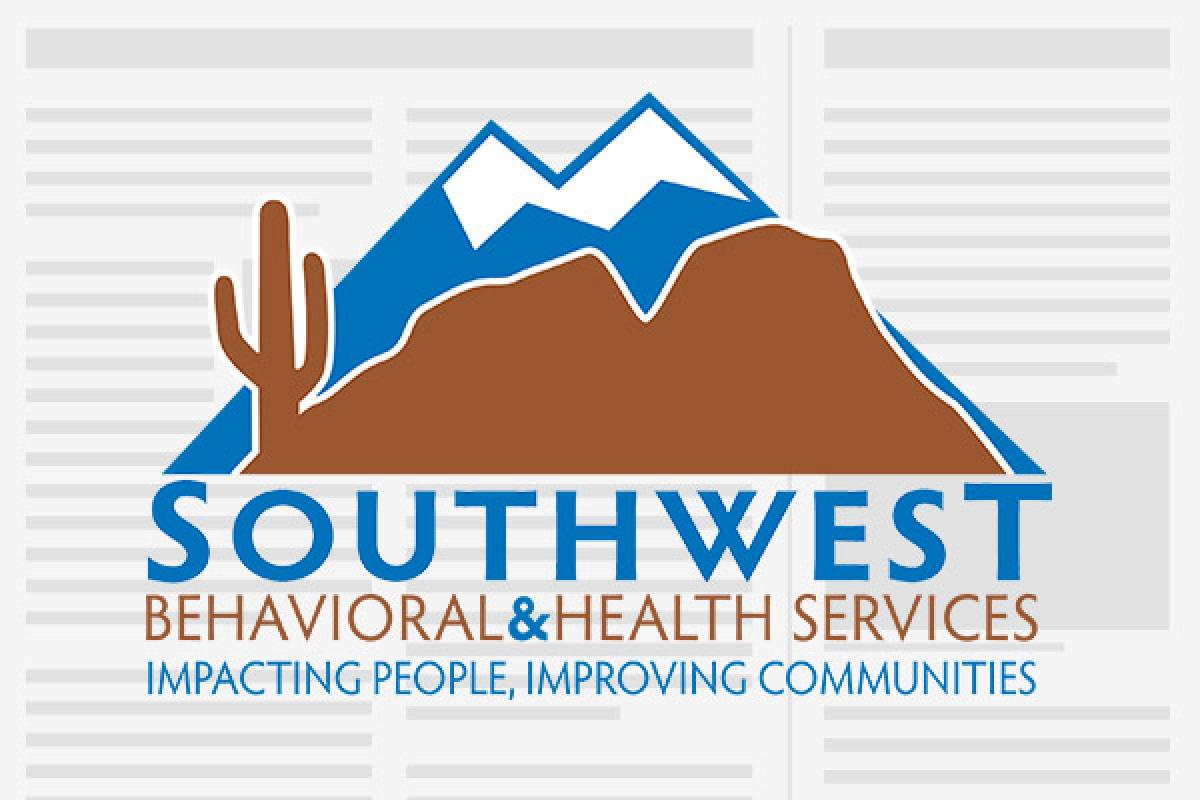
There have been many societal shifts in recent years that have necessitated changes in the ways we approach the problem of drug abuse, especially among kids. Changes in marijuana policy have influenced many young people to believe that the substance is safe, and popular culture leads them to think of its use as something to emulate. Trends in medicine and pharmaceuticals over the past two decades have led to an epidemic of prescription opioid dependence that can lead to heroin addiction. More potent forms of heroin, marijuana and other substances are causing quicker dependence, especially among adolescents whose still-developing brains are more susceptible than those of adults. New forms of existing substances, such as the liquid nicotine in e-cigarettes, powdered alcohol, and marijuana concentrates and edibles, complicate the landscape our kids must navigate.
Amid the suffering that goes with substance abuse disorder, we find rays of hope. Awareness is growing which is slowly diminishing the stigma.
A greater variety of treatments are available to address addiction, depending on the substance, the patient, and the severity of the problem. Among these are medication assisted treatment, Community Reinforcement and Family Training (CRAFT), motivational interviewing, and cognitive behavioral therapy, just to name a few.
Also, there are supports available to family members to help them maximize the positive influence they have with their addicted relative. Parents of Addicted loved Ones (PALS) is a growing organization dedicated to providing continuing education and support to the family members of those suffering addiction. The Partnership for Drug-Free Kids has collaborated with the Center for Motivation and Change to make possible a network of trained volunteers who support parents struggling to help their kids with addiction.
In many communities, Naloxone is increasingly available to first responders and the family members of those who suffer opiate addiction and it’s being used to rescue users from what otherwise would be fatal overdoses. This lifesaving intervention is even available over the counter in many states.
In addition to saving many lives using Naloxone, law enforcement across The United States has taken unprecedented measures to respond effectively to the epidemic of young people succumbing to addiction. PAARI, or Police Assisted Addiction and Recovery Initiative, is a growing network of police agencies across the U.S. that actively helps those suffering from opioid addiction who proactively seek treatment before police apprehension.
Just as these shifts in policy, treatment and advocacy underscore the fact that substance abuse is a health issue first and foremost, so too should parents and caregivers recognize it as such. Kids whose parents talk to them about the health risks and dangers of drug and alcohol use are far less likely to experiment with these substances. Check out the helpful resources at DrugFreeAZKids.org for guidance on how to have these proactive conversations with your kids, no matter their age or stage. And join us for a free parent workshop to learn techniques to strengthen the parent-child relationship, use effective discipline without punishing, understand child and teen development, and lower the risks of many types of problems.













